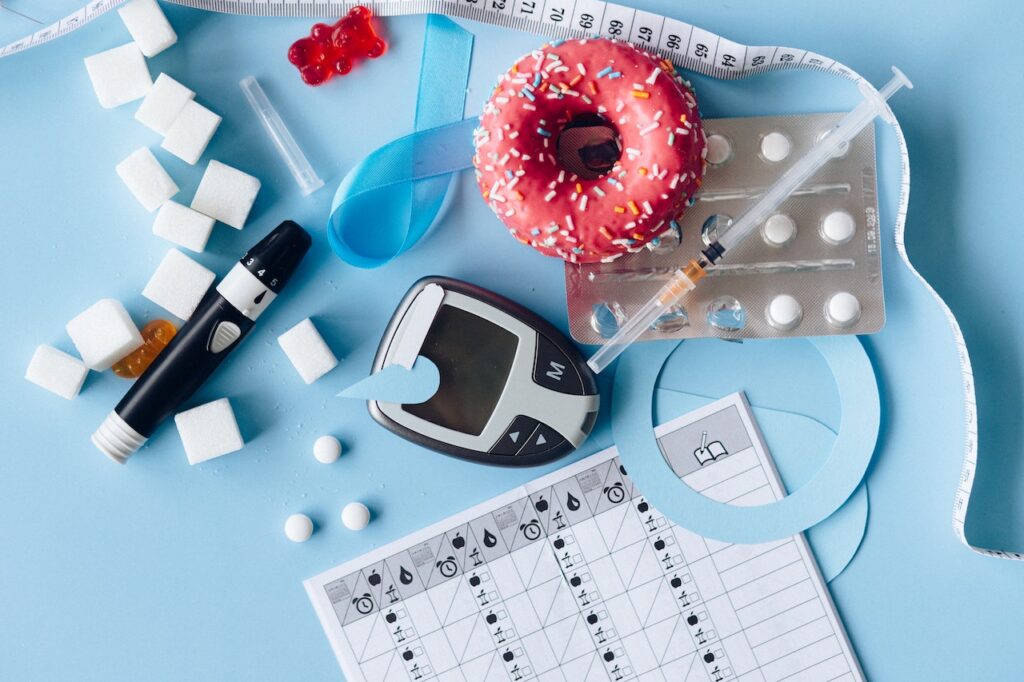Maintaining heart health isn’t just a short-term goal; it’s a lifelong commitment. In this blog post, we’ll explore essential heart-healthy habits that can help you protect your cardiovascular well-being for years to come.
1. Eat for Your Heart: A heart-healthy diet is rich in fruits, vegetables, whole grains, lean proteins, and healthy fats like those found in nuts and avocados. Limit sodium, saturated fats, and added sugars. Small, sustainable changes in your diet can lead to significant benefits over time.
2. Stay Active: Regular physical activity is a cornerstone of heart health. Aim for at least 150 minutes of moderate-intensity exercise or 75 minutes of vigorous-intensity exercise per week. Find activities you enjoy to make it a lifelong habit.
3. Manage Stress: Chronic stress can take a toll on your heart. Incorporate stress-reduction techniques into your daily routine, such as mindfulness, meditation, or hobbies that bring you joy.
4. Don’t Smoke: If you smoke, quitting is one of the most significant steps you can take for your heart health. The benefits start almost immediately and continue to accumulate over time.
5. Limit Alcohol: Excessive alcohol consumption can contribute to heart problems. If you drink alcohol, do so in moderation, and consider alcohol-free days to give your heart a break.
6. Get Quality Sleep: Sleep is essential for heart health. Aim for 7-9 hours of quality sleep per night. Poor sleep is linked to an increased risk of heart disease and other health issues.
7. Know Your Numbers: Regular check-ups are crucial for monitoring blood pressure, cholesterol levels, and blood sugar. Knowing your numbers helps you and your healthcare provider make informed decisions about your heart health.
8. Maintain a Healthy Weight: Achieving and maintaining a healthy weight reduces your risk of heart disease. Focus on sustainable lifestyle changes rather than quick-fix diets.
9. Stay Socially Connected: Strong social connections and a support system can have a positive impact on your heart health. Nurture your relationships and seek support when needed.
10. Lifelong Learning: Mental stimulation and continuous learning are beneficial for overall well-being. Keep your mind engaged through reading, puzzles, hobbies, or pursuing new skills.















